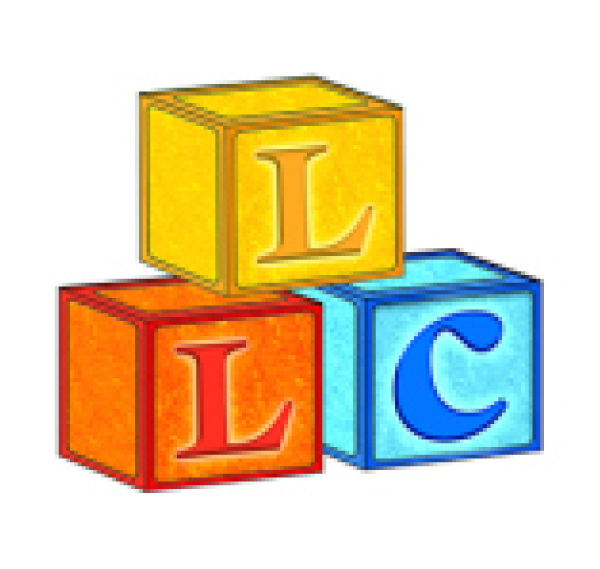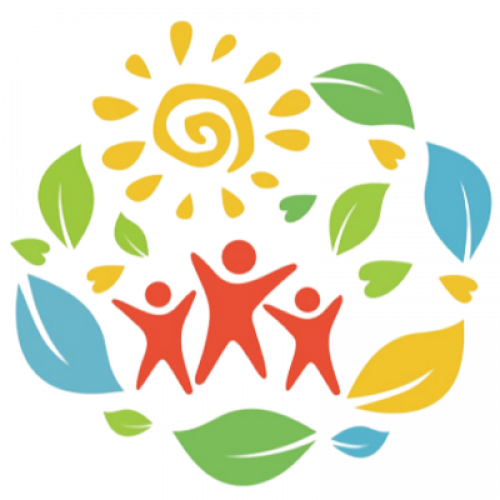Rooms
Leena Room
The first months and years of a child’s life are the most formative in development of mind, body, and spirit. Sleep, emotional and physical nourishment, and sensory stimulation are more important in infancy than at any other time. During this period children need ample opportunities to see, hear, feel, and touch. Movement is crucial, as well as positive interactions between adult and child.
In the Leena room our educators are developing the vital warm and nurturing relationships that ensure children feel safe and build trust in the world around them. When children build relationships that are responsive, predictable and nurturing they gain the self-esteem and courage needed for further development. Young infants who feel safe start exploring the world! Our aim in the Leena room is to support children at the beginning of their learning journey to become active and engaged learners.
Lowan Room
Toddlerhood is an incredible time of exploration and discovery, as toddlers gain an increasing sense of self and understanding of the world around them. During their time in the Lowan room children will achieve some tremendous intellectual, social, and emotional changes all while constantly moving. Children between the ages of 2-3 are constantly looking for stimulation, they have endless energy and are excited about getting involved.
Our educators in the Lowan room support children’s inquisitive minds through the development of hands-on interests-based programs that provide children opportunities to investigate and experiment with their creativity. Lowan room educators support children as they develop the social skills of sharing and turn taking, making friends and being kind. Lowan room children are becoming increasingly self-reliant as they work towards independent toileting.
Paraweena Room
Preschool aged children are incredibly social beings, they are becoming increasingly independent and have many thoughts, feelings and questions that they want to share. Their interactions with those around them will help to shape their personality and their own ways of thinking and moving as well as their attitude to learning.
Our Paraweena educators are highly focused on nurturing a multitude of behaviours and attitudes that support children’s development of positive social skills and positive dispositions toward learning.
Paraweena educators devise programs which will support and nurture children in developing effective social skills to build positive relationships with others by supporting children to;
- Get along with other children and adults and develop good relationships with teachers
- Help others and develop caring attitudes
- Play and work cooperatively
- Follow classroom rules
- Turn take during activities with other children
Paraweena programs also support Self-Help and Intrapersonal Skills as children must learn how to manage their behavior and their affairs by developing age appropriate;
- Personal skills, such as dressing e.g., tying, buttoning, zipping and knowing what clothes to wear
- Eating skills e.g., using utensils, a cup, setting and clearing a table
- Health skills - good nutritional practices, new foods, a balanced menu, and essential nutrients, understanding the importance of physical activity
- Personal hygiene e.g., how to toilet hygienically by flushing and washing hands, coughing and sneezing etiquettes and blowing one’s nose
- Management of personal belongings
- Self-help skills to promote a good self-image, high self-esteem and a sense of self-worth
- Responsibility for age-appropriate tasks
Our educators also place strong emphasis on supporting children’s motivation to learn and helping them develop positive dispositions toward learning by planning activities which support the acquisition of learning skills through:
- Knowledge of self, family, and culture
- Self-regulation of attention and behavior
- Persistence, cooperation, self-control, and motivation to learn
- Positive attitude toward learning
- Self-motivation for learning
- Listening skills
- Ability to set goals and develop and follow through on plans
- Understanding, accepting, and following rules and routines
- Finding more than one solution to a question
- Growing confidence




